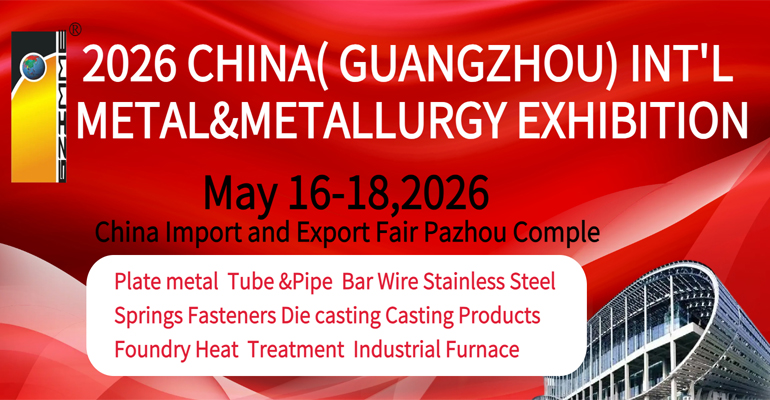European steelmakers have welcomed the European Commission’s proposal to cut tariff-free steel import quotas by nearly half and double the out-of-quota duty to 50pct, calling it a vital step to protect the struggling EU steel industry. However, downstream sectors, particularly automakers, warned the move could significantly raise costs and administrative burdens.
The proposal, which still requires approval from EU governments and the European Parliament, aims to shield EU steelmakers from a surge of low-cost imports amid global overcapacity.
EUROFER, the European Steel Association, described the measure as a “long-awaited lifeline” that would help restore plant utilization rates to 80-85pct, up from the current unsustainable 65pct, and provide greater visibility for decarbonization investments. The association urged swift adoption to allow the rules to take effect at the start of 2026.
ArcelorMittal also backed the plan, calling the new tariff regime “vital for the survival” of Europe’s steel industry, which faces weak demand and shrinking margins. CEO Geert Van Poelvoorde emphasized the need for rapid implementation and expressed hope that upcoming revisions to the Carbon Border Adjustment Mechanism (CBAM) and other measures under the Steel and Metals Action Plan would further level the playing field.
By contrast, the European Automobile Manufacturers’ Association (ACEA) voiced strong opposition, arguing that the proposal would inflate steel prices and restrict access to key grades needed by automakers. The group, representing 16 major European vehicle producers, said that 90pct of automotive steel is sourced domestically, yet imports remain essential for specific types.
ACEA warned that the halving of quotas, doubling of tariffs, and the introduction of a “melt and pour” origin rule would exacerbate supply constraints and impose heavy administrative costs, complicating already complex global supply chains. The association urged the Commission to reconsider quotas for automotive-grade steel and account for the sector’s unique needs before final approval.


